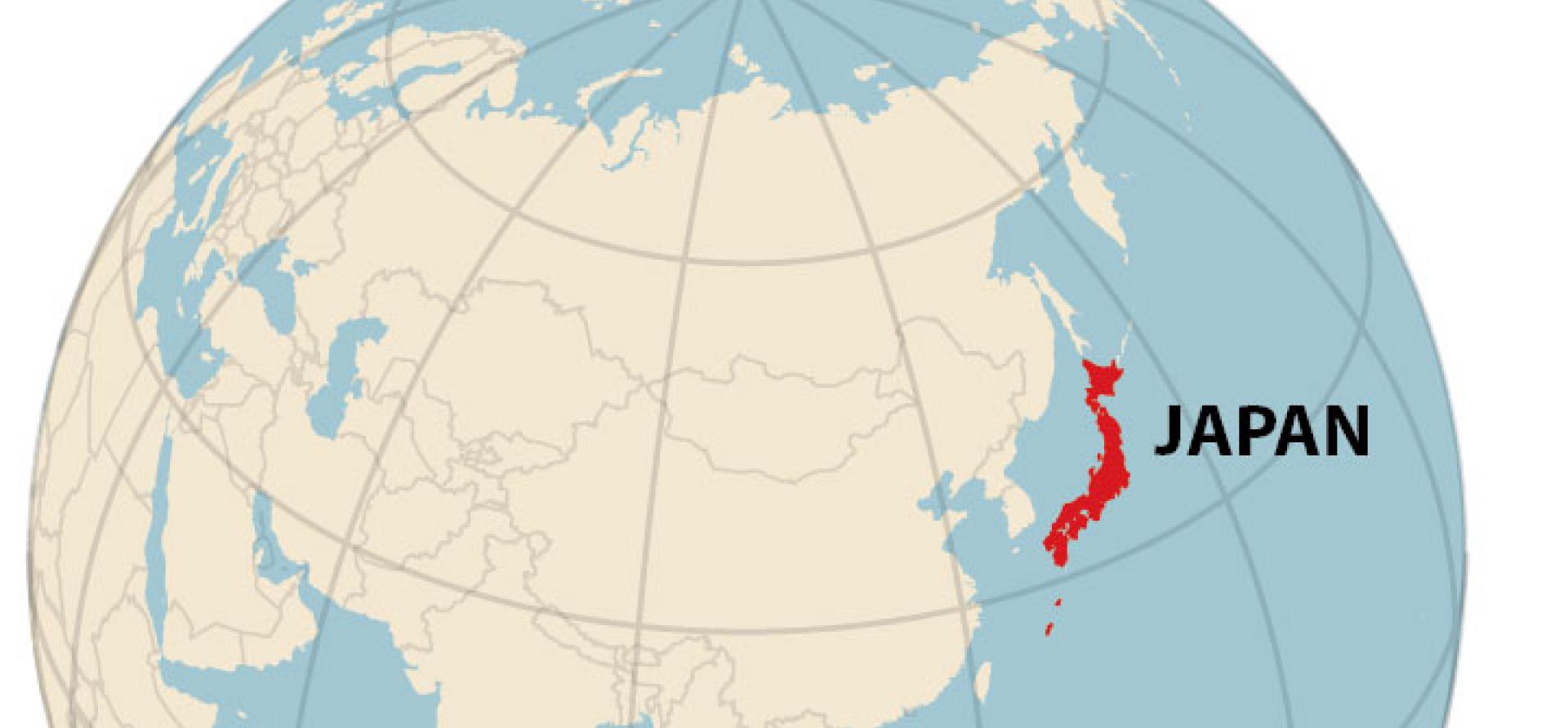IEEFA update: Japan moving from global laggard to global leader

Coal-fired power generation is likely to see a second consecutive year of decline in 2020
Given the current coronavirus pandemic, coal-fired power generation is likely to see a second consecutive year of decline in 2020. This is due to reduced overall demand, and also because it is increasingly crowded out by zero-marginal cost, zero carbon emissions renewable energy. Global coal-fired power generation declined by 3% in 2019 in contrast to global electricity demand that grew by 1% year-on-year.
With the economic world swerving to a standstill, corporations globally are reviewing their balance sheets and reconsidering investment plans, particularly in the energy space given the extreme volatility in fossil fuel prices highlighting the rising risk profile and stranded asset risks.
IF PRESS REPORTS FROM JAPAN PROVE TO BE CORRECT, SUMITOMO MITSUI BANKING CORPORATION (SMBC) of Japan will be the latest corporation planning to end all financing of coal-fired power plants.
This would be a landmark move for Japan.
This would be a landmark move for Japan.
SMBC announced its first coal power exclusion policy in June 2018, but back then the new policy allowed investment in still high carbon emitting and only slightly less polluting ultra-supercritical (USC) coal plants in emerging markets, an initial policy that was far from comprehensive as a result. The policy also showed little alignment with the Paris Agreement, an arrangement predicated on the cessation of unabated coal power generation globally by 2050 at the latest.
If SMBC is to formally ban financing new coal-fired power plants, and instead use its global reach and firepower to accelerate a pivot to financing zero emissions alternatives, this is a globally significant announcement.
SMBC is the world’s 14th largest bank world and the third largest financial institution in Japan behind Mitsubishi UFG Financial and Japan Post Bank.
THIS WOULD MARK THE 18TH NEW OR ENHANCED COAL POWER EXCLUSION ANNOUNCEMENT IN 2020 to date by global financial institutions, equating to more than one per week, and an acceleration on the 44 policy announcements in 2019 overall.
SMBC is the world’s 14th largest bank world
Global equity markets were surprised in January 2020 when the US$7 trillion asset manager BlackRock announced it would start to align with the Paris Agreement, moving to divest thermal coal focussed mining exposures by June 2020, among other steps.
A Japanese financial giant such as SMBC announcing such a decisive move would show that Japanese corporate leadership is supporting to better align Japan with the Paris Agreement, given Japan was entirely knocked off target by TEPCO’s Fukushima nuclear disaster.
As of today, IEEFA’s tracking shows more than 126 globally significant financial institutions across banking, insurance and asset managers/owners that have formal thermal coal mining and coal-fired power plant policy exclusions or restrictions in place. This trend was initiated by the World Bank and Nordic countries from 2013 – 2015 and has become an increasingly global shift to limit the damaging role of thermal coal in climate change. Thermal coal is the most carbon intensive polluting fuel source and accounted for one-third of all carbon emissions generated by fossil fuel use in 2019.
ALONG WITH SMBC, THERE ARE OTHER MOVEMENTS OF NOTE IN JAPAN’S MARKETS. Last week, Mitsubishi Corporation and Chubu Electric Power said they had invested €4.1bn (500bn yen) in Dutch energy company Eneco, a leading European zero emissions technology firm. IEEFA has also documented the global leadership commitment by Marubeni Corporation of Japan back in September 2018 to cease development of new coal-fired power plants globally, and instead double its global investment in renewable energy and progressively phase out coal-fired power generation.
Most Japanese trading houses have now entirely exited the thermal coal mining sector globally
Most Japanese trading houses have now entirely exited the thermal coal mining sector globally, with the latest move being Mitsubishi Materials’ divestment in February 2020 of its multi-decade 11% shareholding in New Hope Corporation, one of Australia’s largest listed thermal coal miners. This follows similar moves by Mitsui & Co, ITOCHU and Sojitz over the last two years.
IEEFA LOOKS FORWARD TO SMBC’S ANNOUNCEMENT AND LEADERSHIP in ending all financing of coal-fired power plants. The world is at a fork in the road. With the current low interest rates and financing costs globally, and stranded asset risks rising, renewable energy infrastructure is obviously the best financial bet looking forward.
Tim Buckley, Director of Energy Finance Studies, IEEFA South Asia
Related posts:
Global coal generation fell by a record amount in 2019, while COVID-19 may cause bigger fall in 2020
Over-optimistic coal trade forecasts are not helpful to anyone















